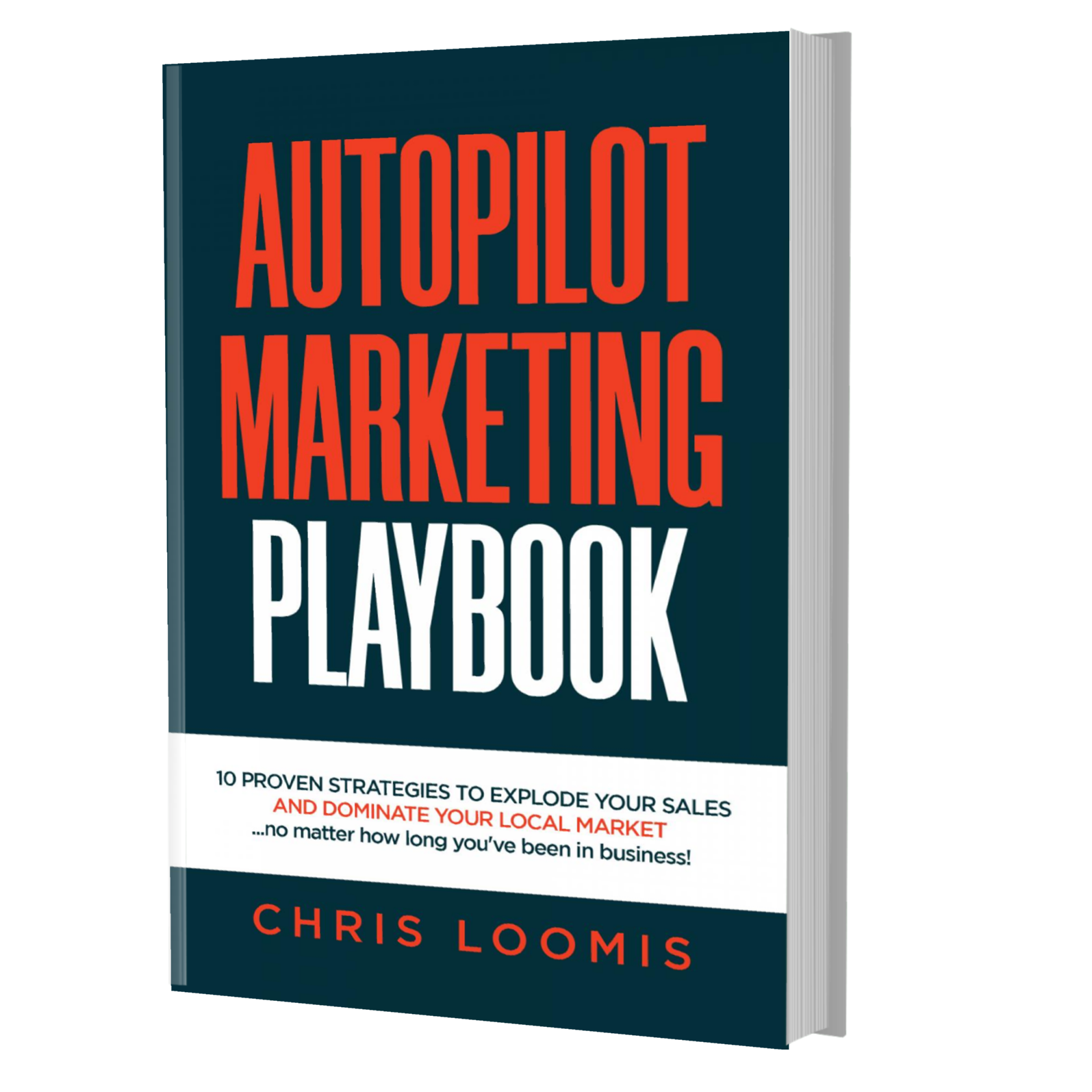What You Need to Know about Distribution Channels
Share This
BY Chris Loomis
Imagine how all of those goods are delivered in grocery and retail stores. Most likely through trucks upon trucks filled up with various products and consumer items. Some might also arrive from cargo planes and ships depending on how they came from. Without these distribution channels, you cannot shop at your favorite retail store or buy food from your friendly neighborhood grocery store.
If you are planning to start a business, have you already decided what type of distribution channels to use? Distribution channels also apply in digital marketing. Your business website is a distribution channel, and so are your social media and e-commerce pages.
All about distribution channels
First of all, distribution channels are like the “bridge” between the manufacturer and the end-users. Without these distribution channels, products and services will not reach the target consumers. In other words, distribution channels have a major impact on business sales.
It is also important to understand the different types of distribution channels and how they work. There are various ways to move products from the manufacturer to the end-users.
Direct channels
A direct channel is when a manufacturer or company is solely in charge of bringing the products to the customers. The said products do not go through middlemen before it finally reaches the end-users. One benefit of direct channels as a distribution channel is that companies can offer lower prices since the products go directly to the consumers.
Indirect channels
Meanwhile, products are delivered through indirect channels including distributors, wholesalers, or retailers. On the one hand, indirect channels enable the products to reach more customers. However, manufacturers have no control over the pricing and the distribution channels involved. Hence, products delivered through these indirect channels tend to be more expensive when it already reaches the end-users.
Hybrid channels
This is a combination of the two distribution channels mentioned above. Unlike indirect channels, hybrid channels somehow still have control with their partnership with the “middlemen”. One example is them working with authorized distributors.
Different distribution channels
As mentioned, there are different types of distribution channels. This is important so that you will know which of these distribution channels is best for your business.
Wholesalers
These are the so-called middlemen that purchase and resell a manufacturer’s product(s) to retailers. Wholesalers usually buy from the manufacturer in large quantities because they usually cater to the retailers.
Retailers
Retailers refer to supermarkets, restaurants, pharmacies, and convenience stores among a few. Unlike wholesalers, retailers usually price their products higher.
Distributors
They cater to both wholesalers and retailers and are region-specific. Many companies employ authorized distributors to sell their products that will reach the end-users.
Internet
The internet is also considered a distribution channel especially for service-related products such as software, e-commerce, and digital marketing services. For example, there are digital products that customers can download or subscribe to. Internet connection is also essential for e-commerce store owners to sell their products online.
Other examples of distribution channels include:
- Catalogs (ex. Avon)
- Agents
- Brokers
- Resellers
Before starting a business, make sure who to hire that will help you boost your brand out there. Of course, you need to have your business website, too. Contact a digital expert in Franklin TN for that!
10 PROVEN STRATEGIES TO EXPLODE YOUR SALES IN 6 MONTHS OR LESS!
FREE BOOK | Just Cover the Shipping!
Get it Before It's Gone!
Copyright ©2020 Autopilot Marketing


